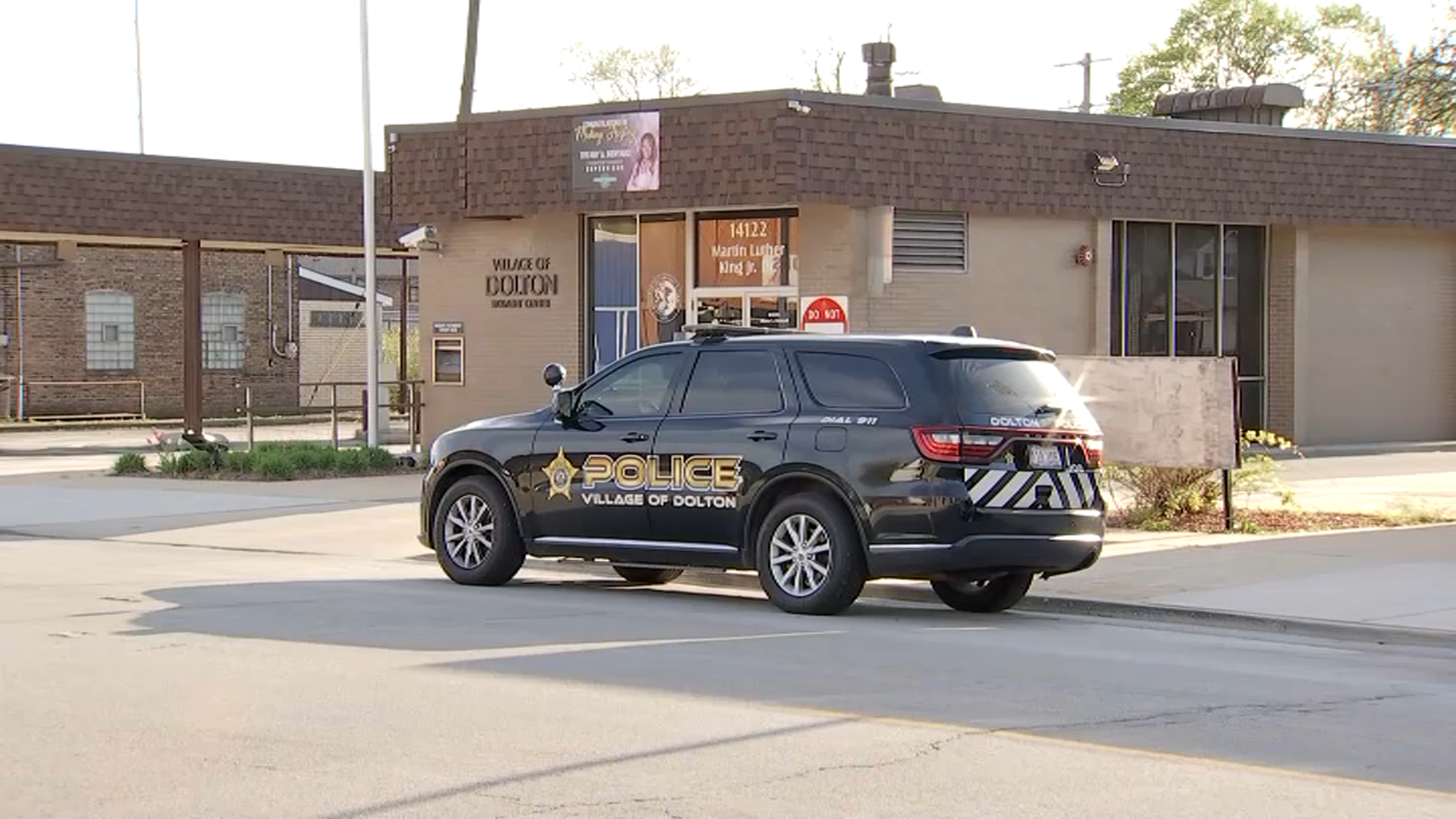A Kendall County judge has ruled that a hush-money suit against disgraced former House Speaker Dennis Hastert can move forward to trial. Barring a last minute settlement, Judge Robert Pilmer’s ruling means the trial could begin as early as mid-November.
At issue, Hastert’s promise to pay $3.5 million in hush money to a man who accused him of sexual abuse in the seventies. The former Speaker had paid out $1.7 million before his banks alerted federal regulators, causing the FBI to intervene. After that, Hastert was charged with structuring the payments to conceal the arrangement, the scandal was exposed, and now the man is suing to recover the $1.8 million he says he is still owed.
Hastert countered that the agreement was null and void because his accuser, identified in court documents as “James Doe”, breached their confidentiality agreement by disclosing the arrangement to, among others, his brother, his father, his wife, and a few non-relatives, one of whom shared it with still another party. Doe countered that he did not believe that constituted a real breach.
“The plaintiff interprets his obligation to keep the accusations of the defendant’s misconduct and the existence of the parties’ agreement confidential, to mean that he does not file suit, does not go to the police, does not go to the media, and generally keeps the claim from becoming public knowledge,” Pilmer wrote. But the judge quickly added that he disagreed with Doe’s argument.
“Once he entered into the agreement with the Defendant, the plaintiff had an obligation not to discuss it further,” the judge wrote. “He needed to keep it secret.”
At that point in the discussion, it appeared Pilmer was preparing to rule in Hastert’s favor to throw the suit out of court. But in the end, the judge ruled that a decision needed to be made whether there had been a “material” breach of the implied contract, and that could only be decided by having a trial.
"It means we're going to trial," Doe's lawyer Kristi Browne told NBC5 Wednesday. "We're pretty much back to where we were before."
Local
Ironically, neither side wants that to happen. The accuser has made clear from the outset that he does not want to step into the limelight, so much so that Browne once floated the idea of holding some of the proceedings in secret (which the judge rejected).
For his part, Hastert of course does not more of his past transgressions exposed. Thus, both sides are now back in the position of negotiating a possible settlement, which has eluded them thus far.
"I don't know if it will have any impact on settlement discussions," Browne said. "We had a settlement conference with the judge---it did not settle."
Legal observers note that cases like these rarely go to trial. But if this one does, it is on the judge’s calendar for November 18th.



